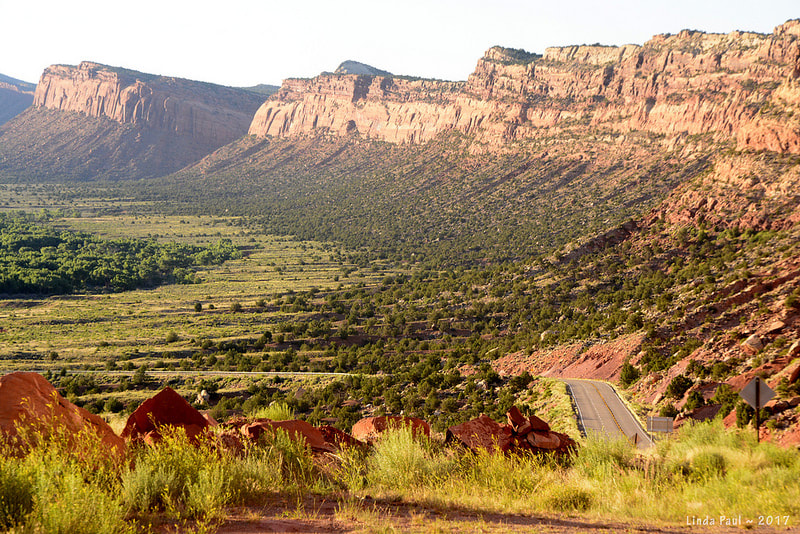| Seven months ago, after a bitter public hearing on Utah’s Capitol Hill was cut short because Republican lawmakers didn’t like how the boisterous crowd expressed its support of President Obama’s version of a Bears Ears Monument, I made a prediction. Turn the issue around and you would find the players changing sides and adopting each other’s lines, like some dramatic exercise in an acting class. “The American political landscape has become a |
| | place where the sense of hearing is unnecessary, and even inconvenient,” I wrote. That includes, apparently, the sense of listening to one’s self with a sense of irony. A recently leaked memo from Interior Secretary Ryan Zinke to President Trump, outlining in vague terms a recommendation to reduce the sizes of both the Bears Ears and Grand Staircase-Escalante monuments, illustrates this perfectly. When President Obama declared 1.35 million acres of the Bears Ears a monument, Utah’s conservative leaders railed against it as an over-reach under the Antiquities Act — a piece of legislation passed in 1906 to give presidents the nimbleness to protect ancient artifacts from pothunters and looters. Some repeated the oft-heard call to repeal that act. Environmentalist and tribal leaders, on the other hand, praised the decision. Now, after the leaked memo, the roles are reversed. Many conservatives are praising the idea of a president shrinking the monuments. Environmentalists are calling it a “political charade,” among other things. It may be safely said still that neither side is listening to the other. This is one instance where it’s easy to identify the culprit. No matter the good intentions behind granting Theodore Roosevelt some nimbleness in the fight against pothunters, the Antiquities Act gives one politician, the president, unfettered power. Whether it’s President Obama declaring 1.35 million acres or President Trump declaring something much less, it is still one man making a declaration. He doesn’t have to ask Congress. He doesn’t have to submit to a vote of any kind. Even a kid on the last row in civics class will tell you that doesn’t sound like the American way. The wording of the act, as Utah conservatives constantly remind us, says such monuments “shall be confined to the smallest area compatible with proper care and management of the objects to be protected …” But it doesn’t provide a number of acres, or even a range. One person’s “smallest area” may be another’s endless frontier. Even a president with the purest intent (if there is such a thing), can’t escape accusations of making a political decision when a monument divides factions. Pothunters are indeed among the lowest forms of thieves, stealing the heritage of a land and its people for personal gain. It may be wise to give presidents the power to take quick action to preserve those artifacts. But it’s also true that many groups uninterested in stealing artifacts lay claim to different uses of the land, and if you take away their right to be represented in decisions, you end up with endless conflict and little real listening. Really, a compromise ought to be within reach here. Consider that Utah Rep. Rob Bishop had sponsored a bill that was supposed to find this middle ground, and it would have set aside 1.4 million acres as national conservation and wilderness areas — more than Obama’s plan, albeit a different sort of designation. Consider, too, that the land in question already is owned by the government and would remain so even if Trump reduces the size of the monument. And consider that virtually everyone involved seems to agree parts of Bears Ears should be preserved and protected. The only thing standing in the way is an executive power that not only puts all debate to rest, it takes away much of the incentive for debate and compromise in the first place. Why not amend the Antiquities Act to require Congress to ratify or alter a president’s action after a period of time? Only a compromise, passed by the people’s representatives through a deliberative process, can put these land issues to rest for good. The alternative, as we’re about to find out, is endless litigation and more people talking past each other. |


 RSS Feed
RSS Feed

